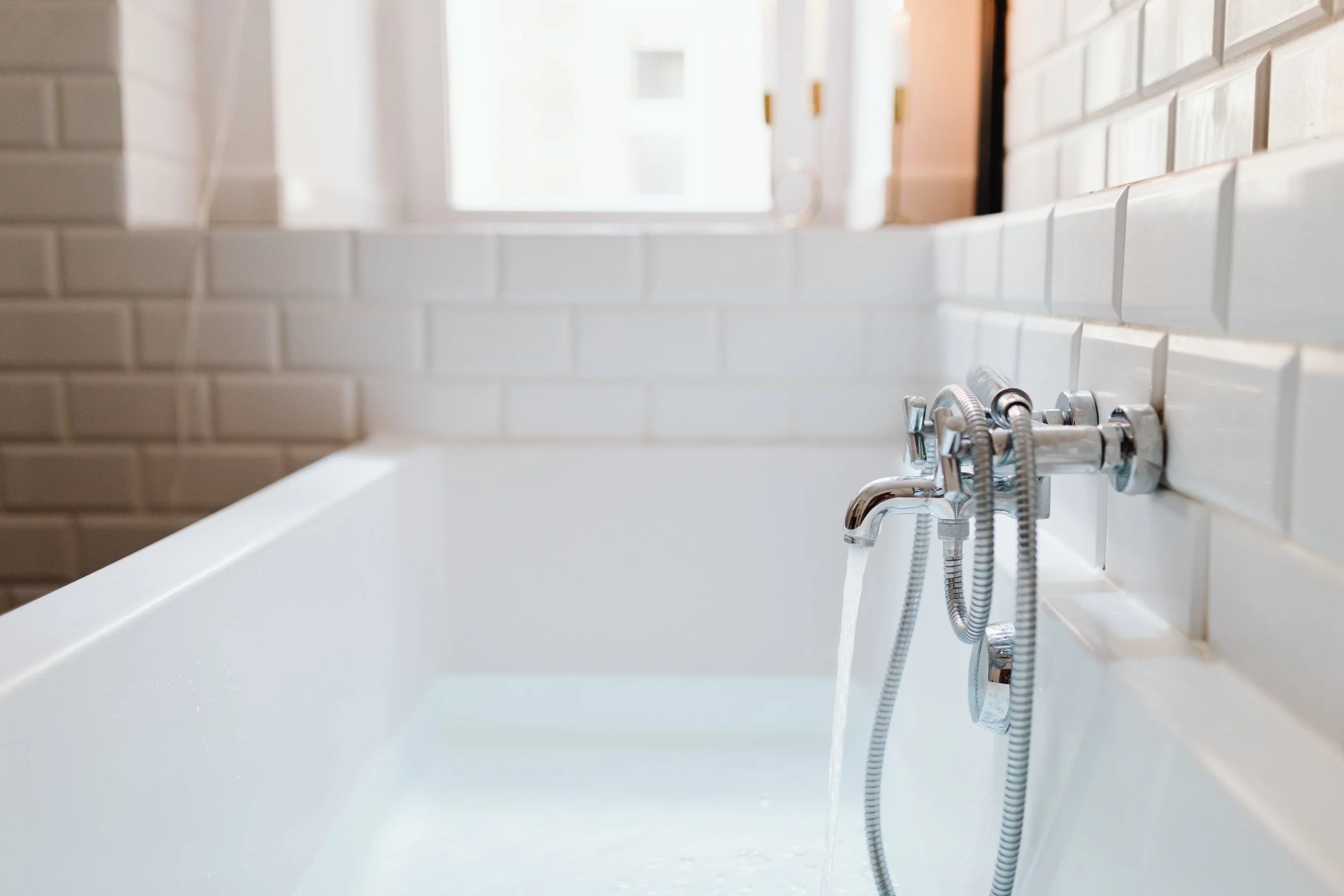Electrical Safety for Plumbers: Navigating Potential Hazards on the Job
RH Business Marketing Solutions
Whether installing a new plumbing system or repairing a burst pipe, plumbers resolve a variety of problems. When most people think about plumbers, they imagine people working around water. However, due to the nature of their work, plumbers often also work around electricity.
According to data from 2023, nearly 30,000 electrical workplace injuries happened annually. Severe electrical injuries can also result in death. Fortunately, you can help prevent injuries caused by exposure to electricity.
Here’s a closer look at common electrical hazards plumbers face and how they can avoid them.
Shutting Off Power to Your Working Area
As homes and businesses depend on running water, they also need electricity. Because of that, electrical wires and circuits run throughout most buildings. These properties also feature circuit breakers or something similar, allowing someone to control what rooms receive power.
Before beginning work in any room, make sure to find this building’s breaker and turn off power to where you’ll be working.
Watching Out for Standing Water
Plumbing problems often lead to water pooling up in homes or businesses. The result of this situation is standing water. Besides the potential flooding hazards, standing water creates an immediate hazard if you need to use any electrical devices. Resolve this situation by clearing standing water before further work begins.
Checking Your Cables and Cords
Plumbers use a variety of tools during a typical day. Many of these tools require cords connected to a nearby power source. Several examples of these tools include power drills, drain augers, and heat guns.
As you prepare for an upcoming plumbing job, ensure your tools and equipment have attached cords in optimal condition. You should also thoroughly inspect any extension cords you plan on using. Ensure you don’t see any exposed wires, which can send electricity throughout your body.
Keeping Everything Grounded
Grounding is a vital step to take when working around electricity. Properly grounding a plumbing system, wire, or other part of a working area minimizes your risk of receiving a severe shock. You’ll also protect yourself from shock by having a reliable electrical tester handy. An electrical tester lets you instantly check faulty outlets and wiring.
The importance of grounding also extends to your drain-cleaning machines. These types of equipment should feature a ground fault current interrupter, commonly abbreviated as a GFCI. Having a GFCI built into your machine’s electrical cord drastically reduces your risk of electrical-related injuries.
Wearing Personal Protective Equipment
Plumbers can come into direct contact with water, sewage, and dirt. Fortunately, personal protective equipment (PPE) can help minimize unwanted substances getting on a plumber’s skin or clothing. Fortunately, PPE can also keep plumbers protected from electrical-related injuries.
Most types of PPE for electrical damage contain rubber. That’s because rubber doesn’t conduct electricity. Rubber boots help protect a plumber if they step on a live wire or water with electricity flowing through it. Gloves containing rubber help protect a plumber’s hands. Outfitting yourself with protective plumber, HVAC, and electrician clothes can also help you avoid scrapes and cuts while working.
Switching Off Power at Source Locations
Plumbers must often work outside of a customer’s home or business. These jobs typically involve digging into the ground to work on underground pipes. Unfortunately, these tasks can quickly become dangerous when you unknowingly work near active power lines.
You can avoid this nerve-wracking situation by contacting your local power company before your work begins. This call allows a utility professional to mark utility lines. Having this information helps you avoid accidentally digging or cutting into electrically charged cables and wires.
Knowing When to Walk Away
Electricity is often unpredictable. If you follow the previous steps and receive an unexpected jolt of electricity, it’s time to get away from this area. Having an electrician determine what’s going on and resolving the issues lets a plumber return to a safe working environment.
Plumbing jobs sometimes have plumbers working around electricity. Before starting any plumbing-related project, ensure you’re within a safe working area. Also, make certain that your tools and equipment are in proper working condition. These steps might take a little extra time, but following our precautions could prevent you from electrical-related injuries.

